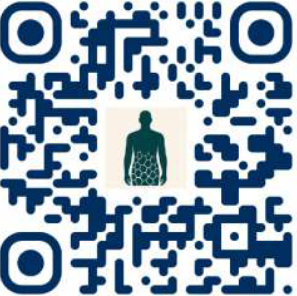Richard Blake sits at his kitchen table one evening, staring at the glow of his phone. A dozen messages flash across his business chat groups, but his mind is elsewhere. His thoughts are on Luke — his fifteen-year-old son.
Richard loves his boy deeply. Yet if he is honest, their relationship is not where he longs for it to be. The easy flow of connection that fathers and children often share feels thin. Conversations are short, sometimes strained. Moments together too often turn into reminders or corrections. Beneath the surface, Richard carries both love and regret — love for who his son is, regret for how little of that love seems to land.
It is in coaching where this wrestle comes alive. Richard’s coach invites him to slow down, to notice how he is “being” with Luke, not just what he is “doing” as a father. That single shift — from performance to presence — begins to unlock something new.
“What if your role isn’t to fix him,” the coach asks, “but to know him?”
That question stays with Richard. It echoes in the quiet moments of reflection and prayer, where he draws on his faith for guidance. He wants to grow into more of a godly father — not perfect, but present. Not always instructing, but listening. Not striving to shape Luke in his own image, but learning to see his son with fresh eyes and deeper grace.
And slowly, small practices start to grow.
Evening walks — just fifteen minutes around the estate, side by side with Max, their boxer. No agenda, only open space. Sometimes silence, sometimes banter, sometimes Max stealing the show. Always together.
Shared meals — Richard guards at least two dinners a week where phones stay aside, and every family member’s voice can be heard — including Luke’s. Around the table, laughter and story slowly begin to replace the quiet scrolling silence.
Listening first — perhaps the hardest shift. Richard notices how quick he is to lecture. Coaching helps him catch himself, breathe, and ask one more question instead.
These shifts with Luke also begin to ripple outward. The dinner table feels lighter for everyone — Emma joins in with more energy, Mariska smiles more often — and Richard realises that restoration in one relationship is gently restoring the whole family.
The change is not dramatic, but it is real. Richard is already beginning to see the fruit of these small adjustments. A spark of humour returns to their conversations. A rare hug lingers a moment longer. When Luke suggests their next walk, Richard feels a mixture of surprise and gratitude. It is a small moment, but to him it means the world.
Through coaching, Richard is discovering that the work of restoration is not about heroic gestures. It is about choosing, again and again, to show up with love, patience, and presence. And as his heart turns toward his child, he is reminded that healing often begins in these simple, intentional moments.
If Richard’s journey resonates with you — if you long for a restored relationship with those closest to you — coaching might offer the space you need. Let’s explore how.
📩 You can reach out directly for a conversation here
